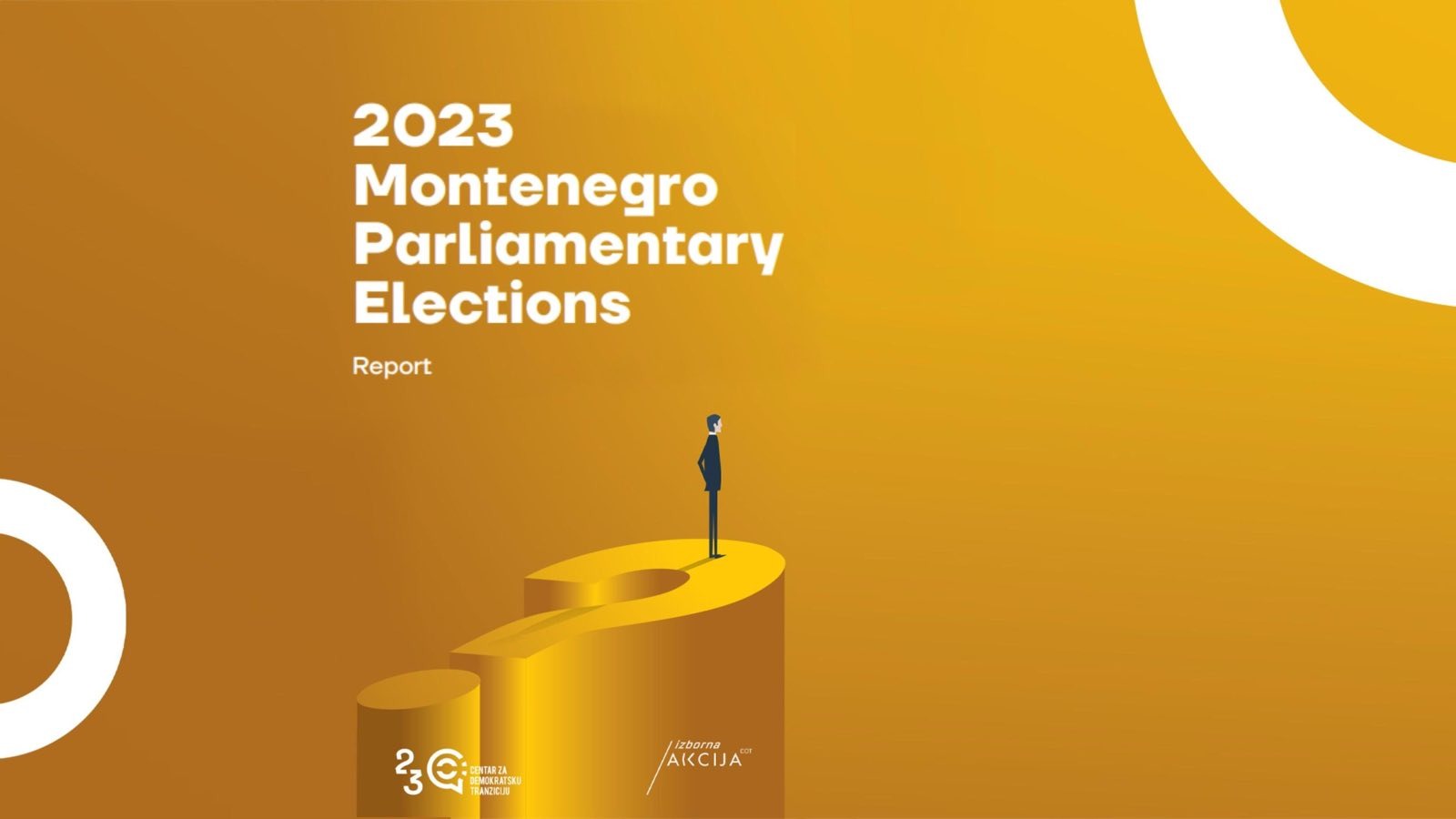Parliamentary elections in Montenegro were held in a peaceful atmosphere, and procedures were adhered to for the most part. The very Election Day went by without major irregularities that could affect the final outcome.
The work of the State Election Commission was yet again marked by decisions that were unlawfully being tailored to cater for partisan interests. This practice was observed during the submission of objections and complaints, when the SEC rejected five objections by a majority vote of representatives of political parties, despite the indisputable irregularities which Article 89 of the Law on the Election of Councilors and MPs defines as the grounds for a mandatory election rerun.
In some of the earlier elections, the SEC would resolve the very same legal situations by issuing decisions that were completely opposite. The sessions of this institution were open to the public, its decisions were published on the website in a timely manner, and citizens were also able to verify their signatures of support to particular electoral lists by accessing a secure application. The SEC also adopted rules for live streaming its sessions, but unfortunately this functionality was not put into use during this election process.
The competitive campaign was for the most part conducted in line with democratic standards contained in the Code for Fair and Democratic Elections, which was proposed by the CDT and signed off by the majority of election participants. The most evident violation of standards and good practices in the pre-election period was the substantial misuse of public resources through pre-election recruitments, payouts from state budget, and intensive campaigning activities by state employees, which were then passed off as part of their regular work duties.
The last week ahead of the elections witnessed an abuse of authority and security institutions meant to discredit the main candidate on the Europe Now list, Milojko Spajic. And while serious allegations of illicit funding and other affairs should indeed be effectively investigated by the competent prosecutor’s office, putting spotlight on this issue as a national security concern in the very last days of the campaign is an evident abuse of institutions. For some inexplicable reason, the Parliament of Montenegro had issued a late invitation to the Office for Democratic Institutions and Human Rights (ODIHR) to observe parliamentary elections, thereby risking the absence of international observers. Only after repeated direct interventions and public appeals did the parliament send out the invitation on April 28, after which ODIHR set up election observation mission on May 5.
Following an opinion issued by the Agency for the Protection of Personal Data and Free Access to Information (AZLP), both domestic and foreign observers were restricted in exercising their right to observe the election, as they were denied insight into the process of verifying signatures of support for electoral lists.
Read the full report here.



